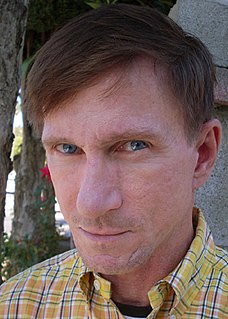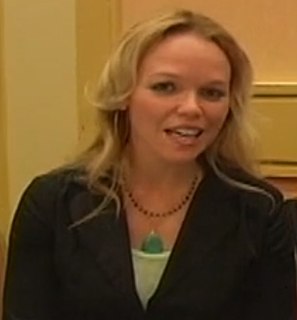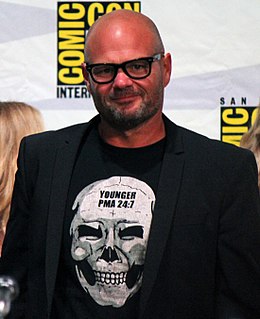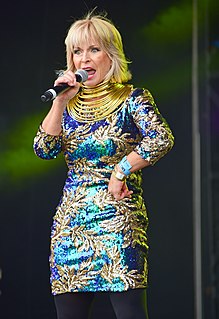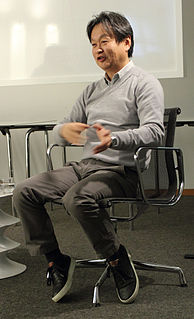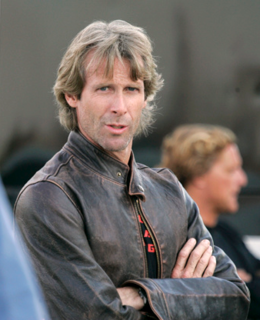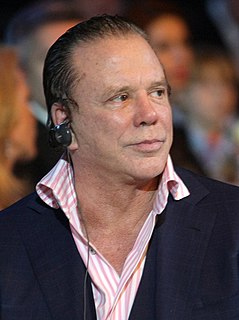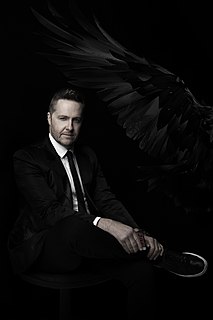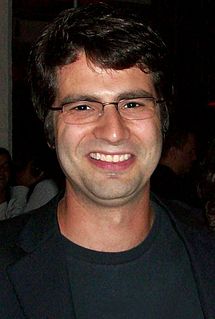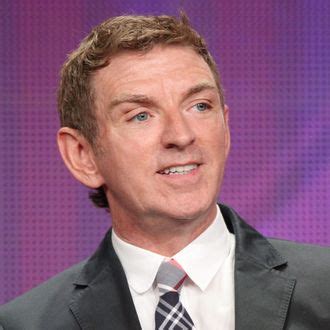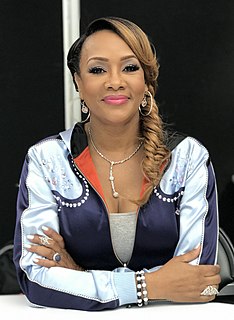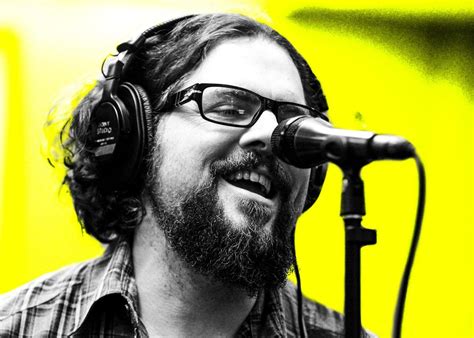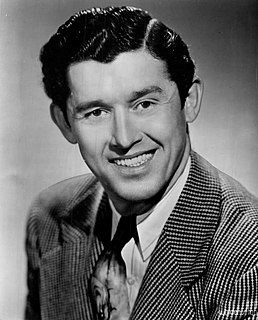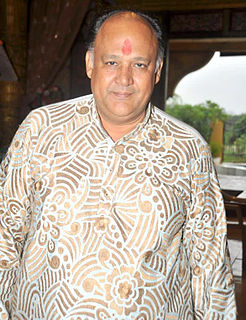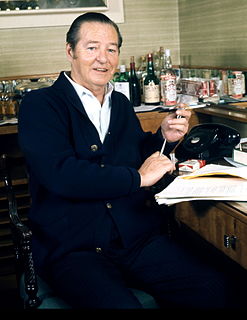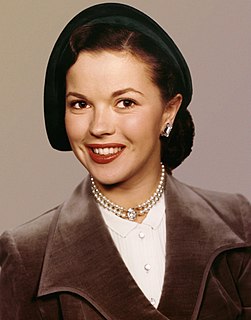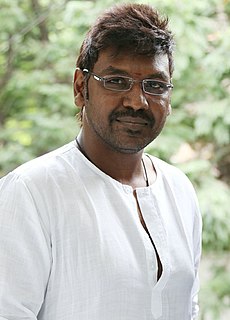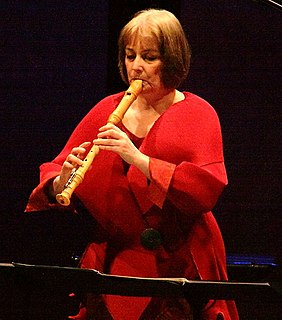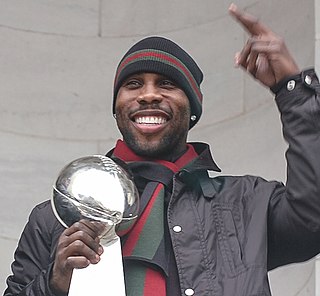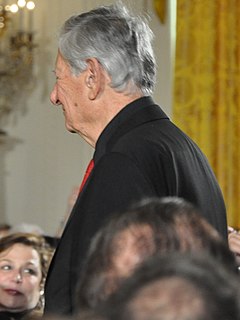Top 1200 Live Audience Quotes & Sayings - Page 18
Explore popular Live Audience quotes.
Last updated on April 21, 2025.
The live audience is a blind date. The camera is a hungry lover. One wants to be wined and dined and seduced and then decide where the evening will go. The other knows how it wants to be touched, wants it now and can damn well tell if you are lying about it. Both are fickle. Both feel good. Depends on your mood.
It's no wonder we don't defend the land where we live. We don't live here. We live in television programs and movies and books and with celebrities and in heaven and by rules and laws and abstractions created by people far away and we live anywhere and everywhere except in our particular bodies on this particular land at this particular moment in these particular circumstances.
We played a show the other week at this festival and it was an audience that I'd never normally play in front of. That's one the greatest things about festivals: you don't always get your audience, you get people who just pop in out of curiosity. The reaction was amazing; there were people dancing, which we've never had, I guess because the message is pretty powerful and the performance is a lot more visceral than it has been previously. The audiences seem to be reacting to that really well and it's a wonderful thing, because at a performance you really bounce off your audience.
Carol Burnett probably had the biggest influence on me as kid. Although I was very young and watched her a lot in reruns, I was mesmerized by the way she transformed, by her physical comedy and the rolling laughter from the live studio audience. I loved her most as Scarlett O'Hara and her well known Cleaning Lady character.
We also knew [ me and Ewan McGregor] that, on a practical level, if there was going to be that much sex in the film [Young Adam] - which there clearly had to be because sex is the meat and potatoes of the thing - it had to be varied for the audience, because it's important to keep the audience living in it.
In eighth grade, when I was just the school weirdo, my drama teacher put me in a play, and we came up with a few comedy bits. And that very first reaction, for an audience of supportive middle schoolers, I put my head out and pretended I got scared by the audience, and ducked back in. They all went: 'Yeah! That's great!'
When the poet's sentiments are overly visible, the audience may become uncomfortable. Japanese ritual is the opposite. By writing simply and only about what is there, the audience is drawn into the poet's world. Their imagination is stimulated, and a silent connection is established. I believe this is where the most important aspect of the Japanese sense of beauty lies.
[It] was written and sold. I knew it was a strong story because I cared about it and believed in it. I had no idea that it would have the effect it had on the audience. While most people ignored it, of course, and continue to live full and happy lives without reading it or anything else by me, there was still a surprisingly large group who responded to the story with some fervency.
When I was a little girl, the only real form of entertainment I was exposed to was theater, being raised in St. Louis, and I still love theater, and I think sitcoms are similar to that, in there's a live audience, and you know, I definitely like the comedy of it, too. I like to make people laugh, and I definitely think laughter is healing.
An aspiring comedian must be determined to get to his or her true feelings on a subject and convey that to the audience. Figure out what you're feeling or interested in because the goal is to get the audience interested in what you're interested in. Good stand up comedy is drawing people into your head.
In theater, it's just you and the audience. It's less of a popularity contest. It's just you and the audience, and they're laughing or they're not laughing, that's the only gauge you really have. But with TV and movies and everything, it's like "Well, did you get a meeting at so-and-so?" and "So-and-so's really hot right now," which is all the stuff I'm probably still not used to.
Ever since I can remember I’ve had positive and negative fan reviews. And whether it was positive or negative it wasn’t always based in reality or what my perception of the music was. But judging from playing these new songs live and my feelings on the record [Scream] – and it’s a great record – there is definitely an audience for it. Also, I don’t really go to clubs so I don’t know what sounds are made there.
The two sports are as different as Ping-Pong and rugby. In boxing, you don’t know what’s going to happen. In wrestling, it’s already prearranged. But the thing I didn’t know about wrestling is that you really get hurt. Because, you know, you’re wrestling in front of a live audience, and you end up doing things like jumps or slams, and 40 percent of the time you don’t land right.
Ski. Sled. Play basketball. Jog. Run. Run. Run. Run home. Run home and enjoy. Enjoy. Take these verbs and enjoy them. They're yours, Craig. You deserve them because you chose them. You could have left them all behind but you chose to stay here. So now live for real, Craig. Live. Live. Live. Live. Live.
Audience interest is directly proportionate to the presenter's preparation. You better spend time and energy on any presentations where the stakes are high. If you are trying to close a large sale or speak at a conference to an audience of potential clients, you better be ON your game. An audience can tell how much energy you spent on your presentation, which is a reflection of how much you valued their time. If they gave you an hour of their time, you need to make it worth it to them by treating their time as a valuable asset by making the content valuable to them.
With a live audience, it's very clear when you've pushed it too far to the edge - because you fall off that edge and hit bottom with a thud. Nothing abstract about that. You know you went too far when you hear that groan or worse - that silence instead of the big laugh you were expecting following your hilariously edgy joke.
The makers love to show women being oppressed, and the audience also loves watching these stories. I'm sorry to say, but a large portion of the audience that watches these shows are women. They make women cry and abuse in the shows and women audiences are glued to such plots. I don't understand this syndrome.
I think the biggest challenge was being aware of a certain audience that was going to see this film [lone survivor]. There's a big difference from a typical movie, journalists and critics and film goers that go see it find that, that's the general experience you have as a filmmaker. So that just kind of proves my point that there's a really different audience.
Guy Picciotto had a really sound point: Live albums basically have bands playing songs that are available on studio records, and what example can you think of where the live album is better? What are the great live albums? I have live albums of bands, but I wouldn't listen to them for the most part. So we thought, instead of spending energy trying to puzzle out how to create a live record, let's just write another studio record.
The most stressful and difficult part of steering a large movie is that you are taking on the responsibility of communicating with a very wide audience. You can't ever hide behind the notion of, 'Okay, they just don't get it,' or, 'Certain people just don't get it.' You have to be mindful of the size of your audience, and you have to communicate in a way that lets them in.
Live with it. You live with pleasure, don't you? Why don't you live with suffering completely? Can you live with it in the sense of not escaping from it? What takes place? Watch. The mind is very clear, sharp. It is faced with the fact. The very suffering transformed into passion is enormous. From that arises a mind that can never be hurt. Full stop. That is the secret.
The America I do want to live in, is seeing how people respond to the victims of Hurricane Harvey. People of all races, all colors, all religions. You don't care what a person looks like, what their beliefs are - I'm helping them, because they are my fellow brother, or because they need my help. That's the America I want to live in. I don't want to live in Charlottesville, where you hate somebody because of the way that they choose to live their life. That's not a place where I want to live.
The average age of the Jazz audience is increasing rapidly. Rapidly enough to suggest that there is no replacement among young people. Young people aren't starting to listen to Jazz and carrying it along in their lives with them. Jazz is becoming more like Classical music in terms of its relationship to the audience. And just a Classical music is grappling with the problem of audience development, so is Jazz grappling with this problem. I believe, deeply that Jazz is still a very vital music that has much to say to ordinary people. But it has to be systematic about getting out the message.
I truly think a long career is to keep the audience guessing and not being able to be boxed, and for me, I'm not hell-bent on playing the lead in things as long its an interesting character with phenomenally talented people, and it's a script that I feel is genuinely innovative, creative, and potentially interesting for an audience.
In regards to live shows, space is very important to me. Space and context should complement the music in some way; you gain so much from it. It enhances the dialogue between audience and performer. I'm very much aware of this when choosing venues. I say no to 90% of booking offers. Somehow I feel the venue needs to make sense.
The only two TV shows I saw do that, where they don't warm them up and you can really bomb, was Saturday Night Live - and that's why it gets a lot of heat, too. Obviously it gets criticism fairly, too. But a lot of it is because Lorne [Michaels] lets the audience decide and doesn't force them to laugh.

